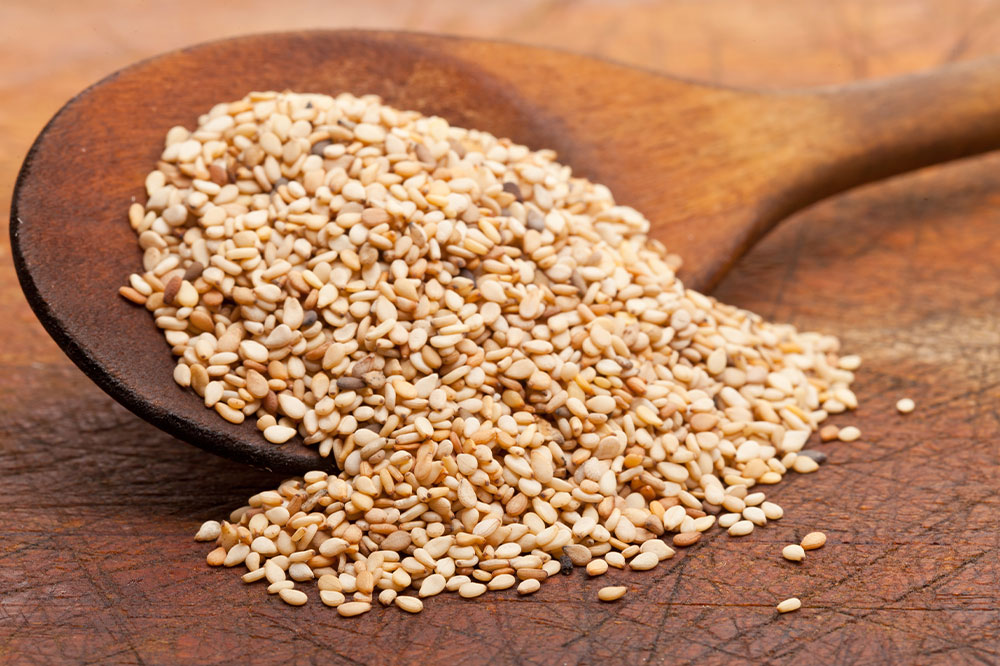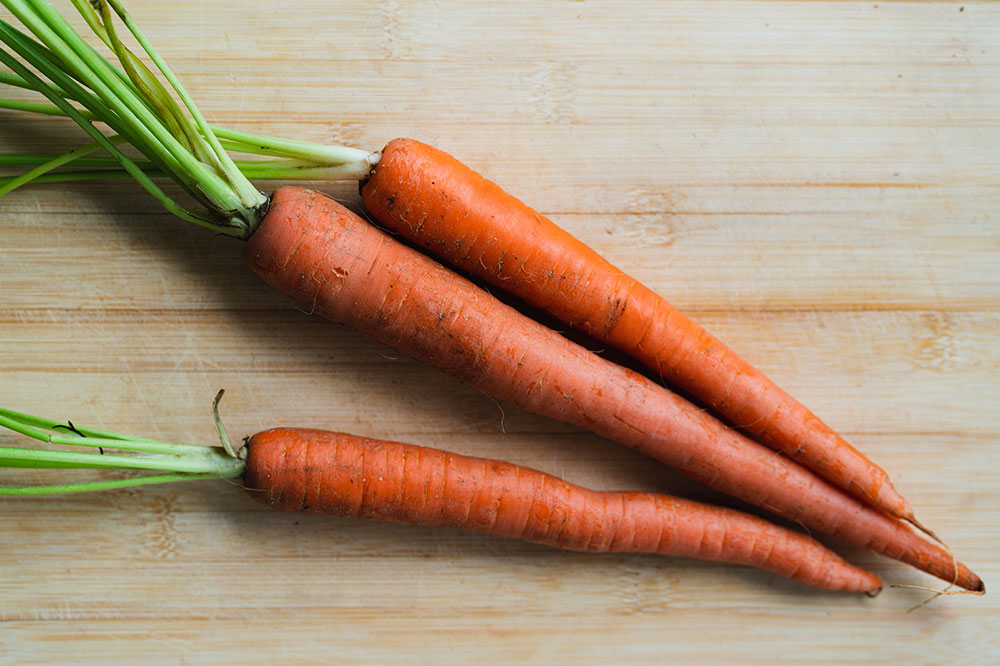Comprehensive Guide to Nutrient-Dense Foods for Improved Eye Health
Discover comprehensive dietary strategies to enhance and protect your eye health. This detailed guide highlights the top ten nutrient-rich foods, including fish, greens, and seeds, essential for maintaining sharp vision and preventing eye conditions. Incorporating these foods into your daily diet can significantly reduce age-related eye issues and promote long-term visual wellness. Consult healthcare professionals before major dietary changes to ensure optimal eye health and overall well-being.

Enhance Your Vision Naturally with These 10 Essential Nutritional Foods
Your eyesight is one of your most vital senses, enabling you to experience and navigate the world around you. Despite its importance, eye health often takes a backseat in daily health routines. Maintaining strong and healthy eyes requires a combination of good lifestyle choices and a diet rich in specific nutrients. Incorporating certain foods into your daily meals can significantly reduce the risk of common eye problems such as dryness, cataracts, and age-related macular degeneration. Here, we explore ten of the most effective nutrient-rich foods that can support and enhance your eye health naturally.
Fatty Fish
Foods like salmon, tuna, mackerel, and sardines are celebrated for their high levels of omega-3 fatty acids. These essential fats are crucial for maintaining the integrity of eye tissues, reducing inflammation, and preventing dryness and degeneration. Omega-3s have been linked with a lowered risk of age-related macular degeneration (AMD) and dry eye syndrome. For vegetarians or those who don't consume fish, plant-based omega-3 sources such as ground flaxseed, chia seeds, and black currant seed oils can supply similar health benefits.
Eggs
Eggs are a powerhouse of nutrients, providing high-quality protein along with essential vitamins like vitamin A and lutein. Vitamin A plays a key role in maintaining night vision and overall visual acuity, while lutein—a carotenoid found in egg yolks—acts as an antioxidant that protects retinal cells from oxidative stress. Regular consumption of eggs can help preserve visual function and prevent age-related decline.
Citrus Fruits
Oranges, grapefruits, lemons, limes, and an array of berries such as strawberries and blueberries are packed with vitamin C. As a potent antioxidant, vitamin C protects eye tissues from oxidative damage caused by free radicals. Consuming citrus fruits regularly can lower the risk of developing cataracts and AMD, helping maintain sharp vision well into older age.
Nuts and Seeds
Almonds, walnuts, hazelnuts, and other nuts are excellent sources of vitamin E, which helps slow the progression of age-related eye disorders by protecting eye cells from oxidative damage. Nuts also supply omega-3 fatty acids, supporting overall eye integrity. Incorporating a handful of these nuts into your diet can contribute significantly to long-term eye health.
Sunflower Seeds
Sunflower seeds are rich in zinc and vitamin E. Zinc is vital for transporting vitamin A from the liver to the retina, enabling good vision, especially in low-light conditions. Adequate zinc intake has been associated with a reduced risk of AMD, making sunflower seeds a valuable addition to your diet for protecting ocular health.
Moderate Beef Consumption
In moderation, beef provides zinc, iron, and other vital nutrients that help your body absorb eye-supporting vitamins. Zinc plays a pivotal role in maintaining retinal health and preventing degenerative changes. Balancing beef intake with other nutrient sources can help support lasting good vision and prevent costly eye conditions.
Legumes and Lentils
Foods like beans, chickpeas, and lentils are rich in zinc and bioflavonoids. These nutrients are believed to help prevent the formation of cataracts and protect retinal health from oxidative damage. Including legumes regularly in your diet offers a plant-based method of promoting and maintaining healthy eyesight.
Dark Leafy Greens
Spinach, kale, collard greens, and other dark leafy vegetables are loaded with lutein and zeaxanthin—carotenoids that concentrate in the macula of the eye. These compounds act as natural sunglasses by filtering harmful high-energy blue wavelengths of light and protecting the retina from oxidative stress. Regular consumption of greens can significantly reduce the risk of age-related macular degeneration and support clear, sharp vision.
Whole Grains
Quinoa, oats, brown rice, and whole wheat products help regulate blood sugar levels and supply essential nutrients that support overall eye health. Improved glycemic control can prevent or slow the progression of diabetic retinopathy, one of the leading causes of vision loss among diabetics. Whole grains also contain nutrients like zinc and vitamin E, further contributing to eye protection.
Plant-Based Omega-3 Sources
Flaxseeds, chia seeds, and black currant seeds are excellent plant-based sources of omega-3 fatty acids. These nutrients support cellular health in the eyes, reduce inflammation, and help prevent conditions like cataracts, dry eyes, and macular degeneration. Incorporating these seeds into smoothies, salads, or cereals can enhance your nutrient intake and promote better eye health.
Before making significant dietary changes, especially if you have existing eye conditions or allergies, consult with an ophthalmologist or nutritionist. While these foods can help in prevention and overall maintenance of eye health, they are not cures for existing damage. A balanced diet rich in these nutrients, combined with regular eye checkups, can help preserve your vision and protect your eyes over the years.





